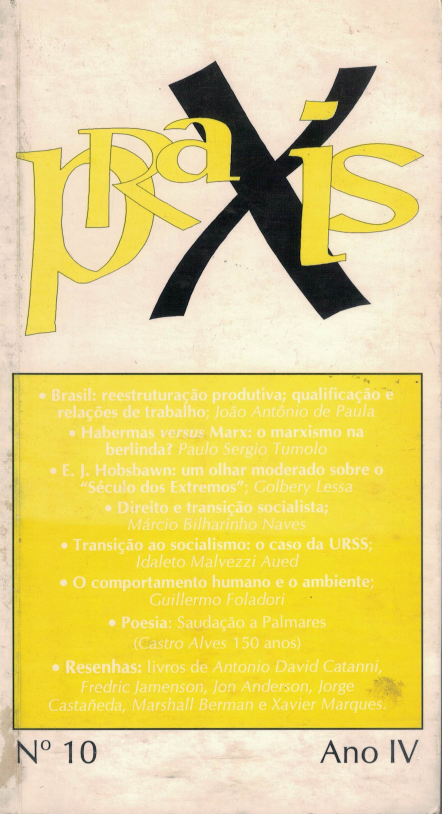Rich must pay more tax A reflection on the restrictions on the power to tax in Brazil
Keywords:
Tax system, Tax burden, Contributive capacity, Progressive tax, Direct and indirect taxation, Vertical equityAbstract
This article highlights the innovative nature of the campaign "Tax the Super-Rich", which advocates changes in Brazilian tax system to make it effectively progressive. In this sense, it goes beyond the worn and always repeated theses that our taxes are too complex and that tax burden is too high. The campaign, on the contrary, focuses on the undeniable realization that the set of taxes in Brazil overtaxes on the poorest and unburdens the richest. In fact, employees who earn from R$ 2,000 reais already pay income taxes, while rentiers who receive millions of Reais in profits and dividends are exempt.
In addition, most of Brazil's tax revenue stems from the so-called indirect taxes, embedded in prices of goods and services, which weigh proportionally more on the poorest. The main proposals of the movement "Tax the Super-Rich" have the support of opposition parties and are processed in the Federal Chamber, slightly adapted, as agglutinating amendment no. 178 to PEC 45/2019. In the following pages, we will show the original proposals of the movement and its justifications, situating them in the context of an outline of the history of taxation, in which also emerges issues related to justice in the collection of taxes.

Downloads
Published
How to Cite
Issue
Section
License
Authors who publish in Revista Mouro agree to the following terms:
The. Authors retain copyright and grant Revista Mouro the right to publish.
B. Authors are authorized to assume additional contracts separately, for non-exclusive distribution of the version of the work published in this publication (eg, to publish in an institutional repository or as a book chapter), with acknowledgment of authorship and publication in Revista Mouro.
ç. Authors are allowed and encouraged to publish and distribute their work online (e.g. in institutional repositories or on their personal page) at any point before or during the editorial process, as this can generate productive changes as well as increase impact and the citation of the published work.





